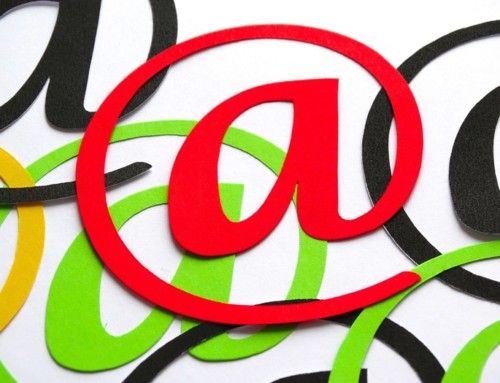I remember when the Amazon Kindle first came out a few years ago. All I could think about was the huge impact it would have on the publishing industry. My very techy friends purchased the Kindle back then and raved about how cool it was to get rid of their large bookshelves and heavy books. They bragged about the convenience of downloading ebooks at the airport before boarding their flights.
There is no denying that the ebook reader has revolutionized its industry. You can wake up in the morning and view 7 different newspapers with the click of a button. You can have multiple books open at the same time. With thousands of free ebooks on the Internet, you don’t even need to schlep to the library anymore. Unless of course, you just like the smell of old books and the sound of pushy librarians.
But now that the Kindle isn’t the only kid on the block anymore, how do you choose which ebook reader to buy? Here’s our quick summary of the pros and cons of the top ebook readers.
WSJ Mobile Reader– FREE
Pros:
FREE app to download
Portable providing access at any time and place to subscribers
Customizable for organization of specific news topics
Instant access
Cons:
Only available to subscribers
Amazon Kindle – prices starting at $259
Pros:
Access to thousands of publications and books through Amazon
2GB memory for storing up to 1500 books
Built in keyword allows for writing notes on the fly
Weighs about 10 pounds
Cons:
No expansion slot to add memory
Although there is wireless capability, coverage is not available in all areas
Barnes and Noble Nook– prices starting at $259
Pros:
Allows free in store browsing of full text books for customers inside Barnes and Noble
WiFi connectivity
Expansion slot for additional memory
Cons:
No ability to download books outside of the US
Some software bugs
No support for Word or text files
Sony Reader Touch Edition PRS-600BC– prices starting at $169
Pros:
Sleeker design than the Kindle
Touch screen is very responsive
Optional memory card
Displays Word and text files
Compatible with both Mac and PC
Cons:
Screen contrast isn’t good
No wireless access at all
Inconvenient for downloading books on the go
We hope this review has helped you decipher between the best ebook readers on the market including the new Barnes and Noble Nook. Be sure to visit the Oddpodz ebook store to download some of our great titles for use on your ebook reader.
[/fusion_builder_column][/fusion_builder_row][/fusion_builder_container]
![Reblog this post [with Zemanta]](https://img.zemanta.com/reblog_e.png?x-id=f922456f-c8e0-4849-8d45-f6210fc53469)





I’d say that a significant con for all of the ebook readers is DRM that prevents you from doing what you want with the book you purchased. That is still one advantage to a physical book. You can loan it to a friend, for instance, and it will not lose your entire library is one book becomes damaged.
I will become an ebook convert when an ebook reader is available that allows me to back-up or share my books as I please, and that uses a format with good odds of still being used in 10 years.
Karen,
How can you put together a list of ebook-readers and not include Apple’s iPad? Seems to me that one is the game changer, just as the iPhone changed cell phones.
BTW, Bradley, you can loan ebooks although with a few restrictions depending on the brand of ebook reader. Keep in mind an ebook costs 50%-75% less than a hard copy version, so your friend might not hesitate to buy his own copy.
As for your entire library potentially becoming lost or damaged, I believe with e-readers like Kindle, once you buy an ebook, you own it for life and can re-download it if necessary.
Susan, Bad me– it’s called the days are too short. Will add to this weekend. Appreciate your feedback! K